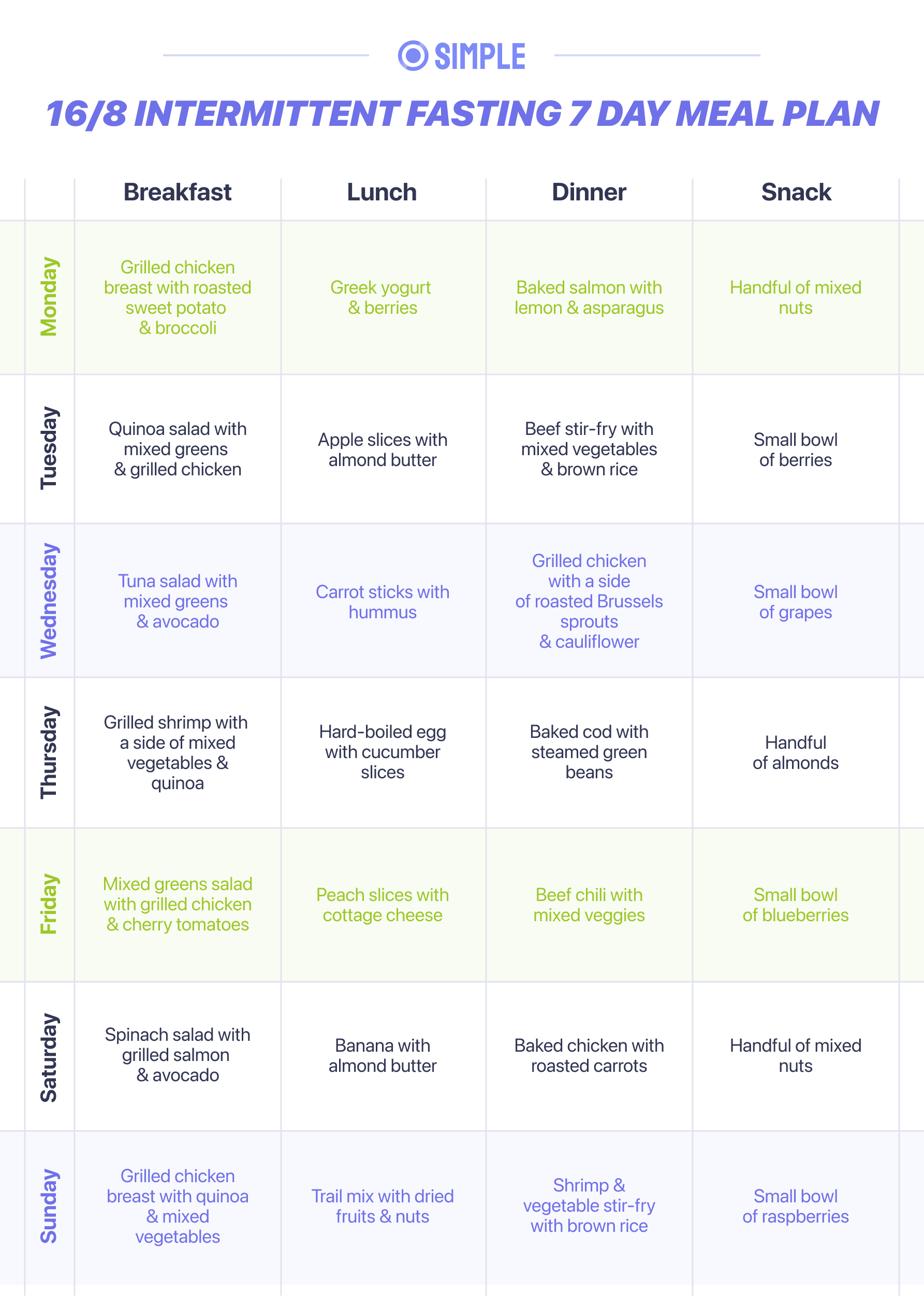Recently, the world of nutrition has been filled with a diverse array of diet trends, each promising its unique benefits and outcomes. From the low-carb, high-fat approach of the Keto diet to the whole foods focus of the Paleo lifestyle, the options can be daunting for anyone trying to choose a path that is in line with their health goals. As our understanding of nutrition evolves, so too do the popular diets, each offering varied strategies for weight loss, muscle building, and overall well-being.
Navigating through these varied diets needs not just knowledge but also an understanding of your own body and lifestyle. Are you looking for something entirely plant-based, like a vegan diet, or are you drawn towards the heart-friendly Mediterranean approach? Perhaps you’re interested about intermittent fasting or the health benefits of the DASH diet. In this article, we will examine the most popular diet trends, discussing their pros and cons, and providing insight into which might suit your individual needs. Whether you are a seasoned dieter or just starting out, this guide serves as a useful resource in your journey toward understanding modern nutrition.
Overview of Common Diet Types
In the current health-conscious world, various diet types have arisen, each designed to meet diverse ways of living, health goals, and personal preferences. From the reduced carbohydrate ketogenic diet to the vegetarian approach, individuals are increasingly seeking options that not only promise weight loss but also focus on enhancing overall well-being. Among the most recognized are the Paleo lifestyle, which focuses on unprocessed foods reminiscent of our ancestors' diets, and the Mediterranean diet, celebrated for its heart-healthy benefits due to an abundance of fruits, vegetables, and healthy fats.
Intermittent fasting is another approach that has gained popularity, highlighting the importance of when you eat rather than what you eat, allowing intervals of eating and fasting. This technique is designed to optimize metabolism and improve weight management while fitting into countless lifestyles. Additionally, diets focusing on particular health concerns, such as the gluten-free or FODMAP diets, deliver tailored solutions for those with sensitivities or medical conditions, demonstrating the diversity of dietary approaches today.
As you consider these diets, it is crucial to understand how they relate to personal health goals, ethical beliefs, and lifestyle choices. Whether one is looking for effective weight loss solutions, sustainable eating practices, or a regimen to manage health conditions, the variety of modern diets provides numerous paths to consider for attaining healthier living.
Comparative Analysis of Diet Patterns
The evolution of diet trends reflects changing cultural beliefs, scientific knowledge, and individual health goals. https://kermany.com/ has been the rise of low-carb nutrition plans like Keto and Paleo, which highlight high protein and fat consumption while reducing carbohydrates. These nutrition plans have gained popularity due to potential weight loss advantages and the appeal of consuming whole foods. In contrast, plant-based diets and veganism have increased as awareness of sustainable eating rises, reflecting a societal change toward health and environmental concerns.
Additionally notable trend is the increasing interest in tailored diets such as the FODMAP diet for digestive health and the DASH diet for heart health. These nutrition plans target specific medical conditions, demonstrating a growing recognition that one-size-fits-all approaches to nutrition may not be effective. Consumers are growing more informed about how food can impact their individual health, leading to nutrition plans that focus on personal well-being over general trends.
Finally, the popularity of diets like the Mediterranean and Whole30 emphasizes a shift towards balanced, whole-food approaches that focus on long-term health rather than quick solutions. These nutrition plans support a variety of food groups, promoting a sustainable lifestyle change rather than temporary dieting. As people seek holistic solutions to weight management and health improvements, the transition from trendy nutrition plans to more sustainable practices may continue to shape food choices in the future.

Choosing the Right Nutrition Plan for Your Way of Life
As choosing a diet, it's important to take into account your personal lifestyle, preferences, and objectives. For instance, if you have a hectic life with no time for meal prep, a nutrition plan that highlights ease, such as the Mediterranean diet or a plant-based approach, might be suitable for you perfectly. Such diets usually provide for flexibility in meal options and may accommodate quick meals without losing nutritional quality.
A crucial aspect is your individual health and any dietary restrictions you may have. If you with certain health concerns, such as diabetes or gluten intolerance, it’s crucial to select diets specially tailored to manage these conditions, such as the diabetic diet or gluten-free diet. Knowing how various diets affect your body can assist you make an informed choice that supports your overall health and wellbeing.
Lastly, consider your long-term goals and lifestyle viability. Diets like the flexitarian diet or Intermittent Fasting may be more effective if you are after a well-rounded approach that doesn’t seem restrictive. Evaluating how a diet matches with your beliefs, meals you enjoy, and the community aspects of eating will eventually help you stick with it over time. Selecting a nutrition plan that seems natural to your daily schedule is crucial to achieving lasting success.
